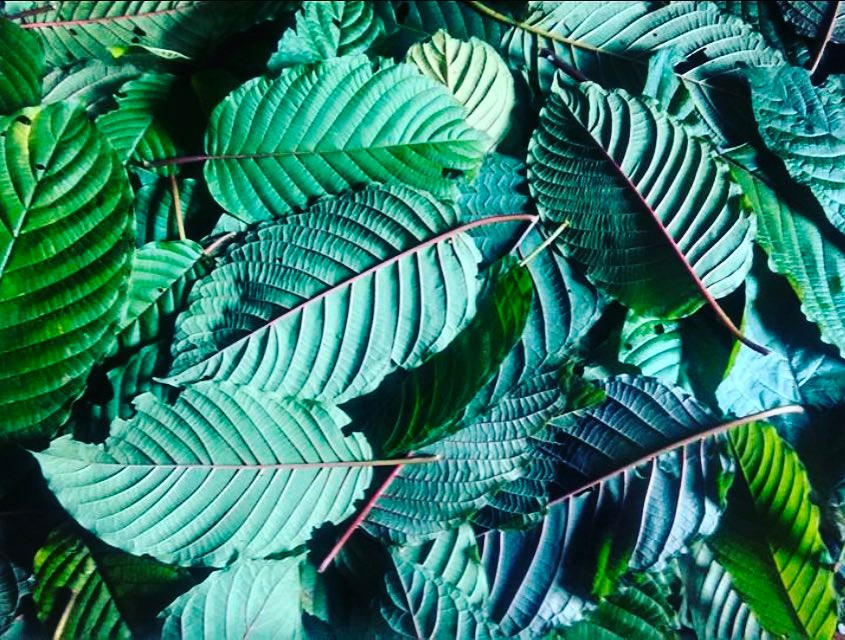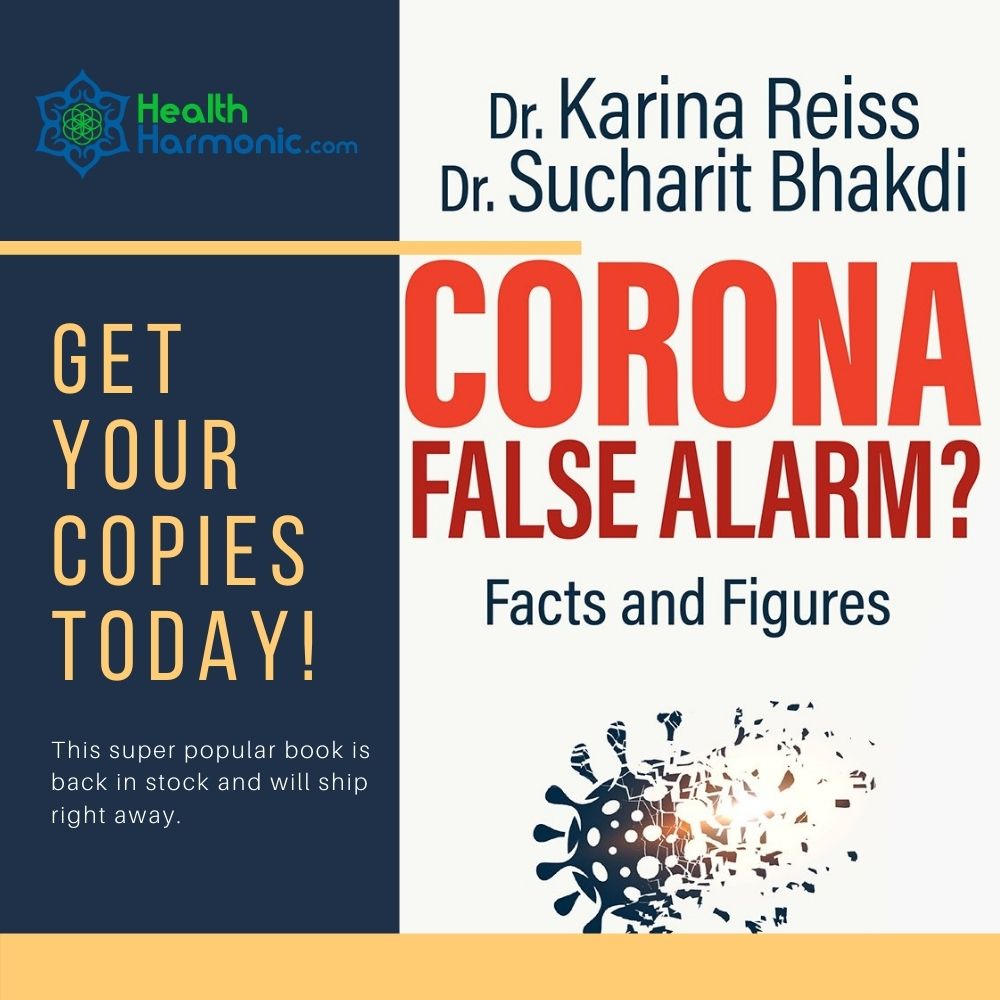
That's right, researchers found a plant has the ability to curb opiates addiction while giving a high at the same time. It's called kratom, a plant that's been banned in Thailand, Malaysia, Burma, and Australia since the early 40s.

Kratom is so effective in weaning addicts off of opiates that the Thai government is actually considering lifting the 70-year-old ban! This healing plant has been used for thousands of years as a stimulant. According to Fox News, the plant "mostly enjoys a long history of safe use."
Why are people across the U.S. chewing on the small, glossy leaves of the Southeast Asian kratom tree? An ancient plant medicine related to coffee, it produces a high that’s both euphoric and legal. Kratom (Mitragyna speciosa) has long been used in Thailand and Malaysia to relieve pain, settle the stomach and reduce opiate dependence. Now it’s taking off in the West.
According to SageWisdom.org, kratom leaves can be chewed fresh or dry, powdered, or brewed into a tea. It is not usually smoked, because the “amount of leaf that constitutes a typical dose is too much to be smoked easily.” It’s most commonly sold in powdered form in packets, both online, in head shops and in kava bars, alcohol-free bars where people can consume tea made from the legal Polynesian kava root. An ounce costs between $20 and $30, which is enough kratom for one very strong dose*, or several more mild doses.
The fact that kratom can mitigate the painful effects of opiate withdrawal is significant, given that heroin use has reached staggering rates in the U.S. A report by the U.S. Office of National Drug Control Policy estimated 1.5 million chronic heroin users in the US, which doesn’t account for users who use heroin fewer than four days a month.
Image courtesy of: Plott Palm Trees Girls©






